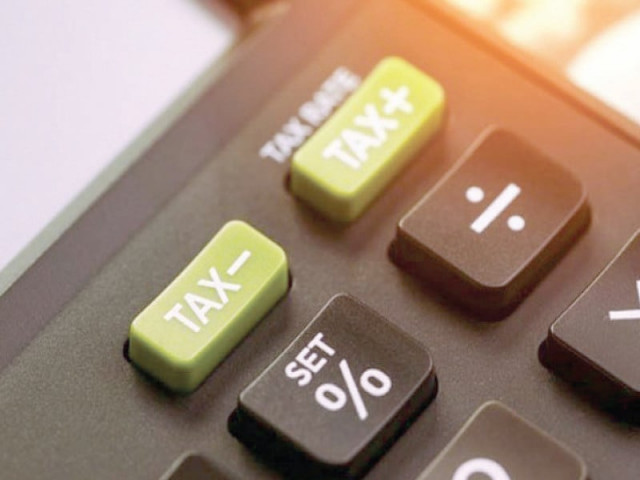Poor people pay more taxes
Burden rises because of increase in share of indirect taxes to 85%

Economist Dr Kaiser Bengali has said that people in the low-income group are paying more taxes in Pakistan than those in high-income brackets, as the share of indirect taxes has spiked to 85% compared to the government’s claim of reducing their ratio to 59-60%.
Speaking at a workshop titled “Budget Reporting” at the Karachi Press Club on Tuesday, he said “a study found that the top 10% rich people pay Rs19 in taxes out of every Rs100 spent, while the bottom 10% poor people pay Rs22 in taxes out of every Rs100 spent.”
“Our tax system is highly unjustified,” remarked Bengali, who has served in various capacities in different provincial governments.
He said the share of indirect taxes stood at 85% including the withholding tax (WHT), which was burdening more the low-income group compared to people in the high-income group.
Theoretically speaking, according to Bengali, the withholding tax is a direct tax. But practically, it has become an indirect tax.
He elaborated that the prevailing regulations demanded that businesses and households pay the WHT in advance like on the supply of goods. Later, the taxpayers come to know they were not liable to pay the WHT and can claim refund while filing the annual tax returns.
However, there is no mechanism in place to pay and receive the actual refund. A large number of people do not claim it. Accordingly, the tax is incorporated into the cost of production and impacts various income groups differently, affecting the poor the most one way or the other.
The economist said the government claimed that the share of indirect taxes had been reduced to 59-60% but when one would adjust the WHT, the share of indirect taxes would surge to 85%. After 1992, the WHT had been introduced in Pakistan.
He emphasised that the tax would become justified if the government spent it on the betterment of low-income group people. However, it did not happen.
He pointed out that most of the time finance ministers opted to impose and increase taxes on the commonly and widely used products like wheat flour, cooking oil/ghee and sugar, as no one could afford to reduce the consumption of essential goods. “And this ensures higher collection of revenues by the government.”
He elaborated that poor people spent most of their income on food and kitchen items and while the rich also spent more on food, its ratio remained low in proportion to their total income.
While underscoring the need for savings, the economist said there were 40 divisions in Islamabad, including the ones which had been transferred to provinces under the 18th Amendment.
These divisions are carrying 70 departments among others that are of no use today like the Human Development Council and the Human Development Commission and the addition of three new departments under the Benazir Income Support Programme (BISP).
He called for shutting them down, which would save Rs30-35 billion annually for the government.
He praised the BISP, saying no corruption was found there. However, the addition of three new departments under the BISP umbrella was eating up Rs5 billion for no purpose.
He decried that no government had introduced a low-cost housing scheme after 1977 and people were forced to pay heavy rents for residences.
The available information suggests that in some cases up to 20 people are living in a room in Karachi. They live in such a congested space that they cannot even sleep peacefully.
He was of the view that the government was facing a dearth of finances, which was why it was delaying the presentation of next year’s budget. The International Monetary Fund (IMF), according to Bengali, has barred Pakistan from using the fund’s new loan for repaying the Chinese debt. “That’s why Prime Minister Shehbaz Sharif has left for Beijing to persuade them to reschedule the maturing loan or give Pakistan a new loan to repay the maturing one.”
Published in The Express Tribune, June 5th, 2024.
Like Business on Facebook, follow @TribuneBiz on Twitter to stay informed and join in the conversation.



















COMMENTS
Comments are moderated and generally will be posted if they are on-topic and not abusive.
For more information, please see our Comments FAQ